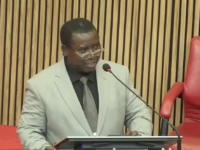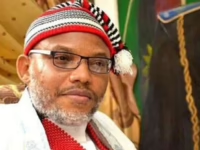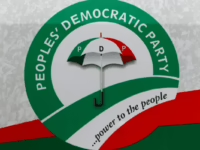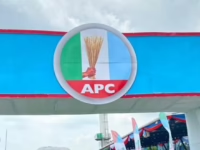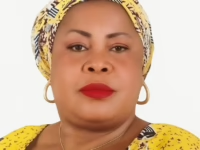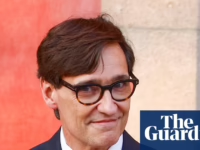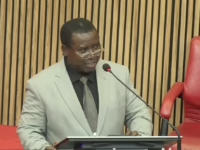The Socialist leader of Catalonia has emphasized that prioritizing the fight against inequality can attract voters who might otherwise be drawn to separatist or far-right factions. He aims to convince Catalans of the advantages of harmonious coexistence with Madrid’s central government after years marked by political unrest.
Since August 2024, Salvador Illa, a trusted confidant of Spain’s Prime Minister Pedro Sánchez, has headed the Catalan government, marking the first time in over four decades that the regional parliament lacks a pro-independence majority.
This situation places the Socialists in a unique dilemma: while Sánchez’s coalition government in Madrid relies on support from the pro-independence Junts party-led by Carles Puigdemont, the figure behind the unsuccessful 2017 independence bid-Illa’s regional administration operates independently of Junts’ backing.
Critics from the separatist camp have dismissed Illa as a political anesthetist, accusing his close ties to Madrid of inducing a state of political stagnation in Catalonia.
“Our goal is to foster an environment of tranquility and mutual respect,” the 59-year-old leader explained in an interview. “Most Catalans desire more than just economic growth; they want prosperity that benefits everyone, not just a privileged few or the metropolitan centers.”
Pedro Sánchez (right) alongside Salvador Illa at a UNESCO event in Barcelona, September
Alongside his economic reforms, Illa is also navigating delicate negotiations with Junts and Puigdemont, who remains in voluntary exile in Brussels following the unilateral referendum deemed unconstitutional by Spain’s highest court.
Puigdemont is leveraging his capacity to destabilize Sánchez’s minority government to push for political pardons, the decentralization of immigration policies to Catalonia, and recognition of Catalan as an official language within the European Union.
Despite earlier opposition to amnesty before the 2023 national elections, both Sánchez and Illa witnessed the Spanish parliament enact a pardon law in May, absolving those involved in the referendum. However, unresolved allegations of public fund misuse against Puigdemont and others remain under constitutional review.
Illa candidly acknowledged this policy shift: “Post-election realities compelled us to adapt. Politics demands pragmatism. Our focus remains on cultivating peace and coexistence.”
Supporters of former Catalan president Carles Puigdemont attend a rally in Barcelona, August last year.
Addressing critics who claimed Socialist concessions would empower separatists, Illa argued the opposite: “These measures have actually diminished the strength of independence factions. The core issue isn’t the existence of pro-independence sentiment, but the imperative to uphold the rule of law.”
He expressed hope for Puigdemont’s return to Catalan politics and urged the constitutional court to expedite resolution of pending legal matters. Demonstrating his commitment to dialogue, Illa even traveled to Brussels to meet Puigdemont, underscoring that open communication is fundamental to democratic governance.
Illa traced the rise of nationalist fervor in Catalonia, which fueled the 2017 referendum and mirrored Brexit in the UK, to populist reactions following the 2008 financial crisis. “During that time, people were offered simplistic, quick fixes to deeply complex challenges,” he reflected.
Thousands rally in central Barcelona demanding affordable housing and eviction protections, April.
He contended that the decline in Catalan nationalism stems from how Spanish democracy has responded, the unified European approach to the Covid-19 pandemic, and the ongoing conflict in Ukraine, which highlights the importance of belonging to a community of 350 million citizens.
“This has shifted the Catalan perspective, fostering an appreciation for being part of a larger collective,” Illa noted.
Currently, Illa and Junts face a political challenge from Aliança Catalana, a far-right nationalist party led by Sílvia Orriols, which capitalizes on anti-immigration and anti-Islam rhetoric. “Our priority must be to uphold democratic values against the authoritarian agenda of the far right,” he asserted.
Addressing the root causes of inequality, Illa identified the housing crisis-particularly soaring rents-as a critical issue. His plan includes constructing 50,000 social rental units and unlocking land for an additional 210,000 homes.
Meanwhile, the national government has enacted legislation to cap excessive rents in certain areas and will implement AirBnB restrictions in select cities starting in 2028.
Illa concluded by urging social democratic parties to remain steadfast in their policies, boldly pursuing their agenda without succumbing to far-right pressures.




